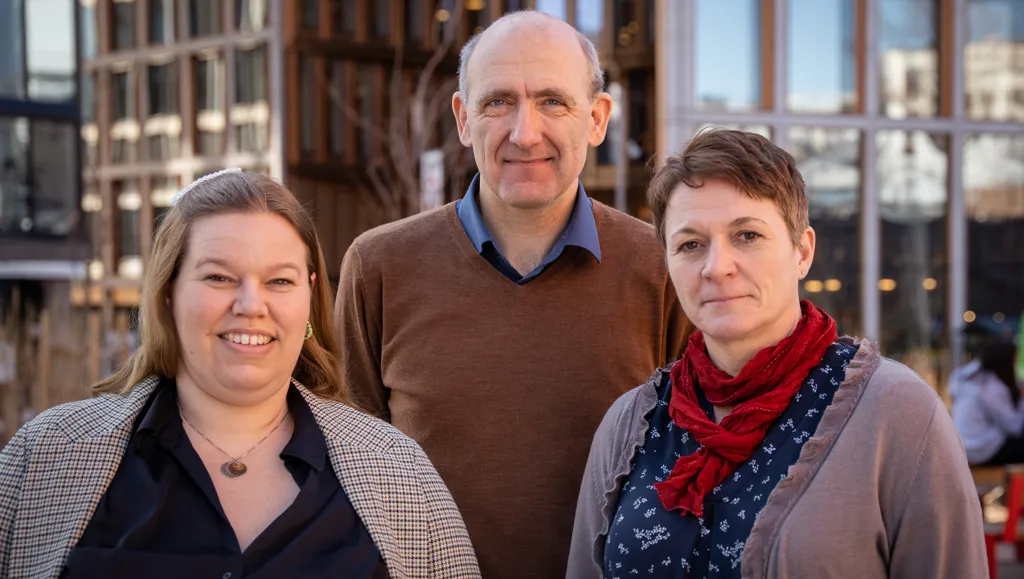
Salary settlement at the central government level
There are a lot of expectations regarding this year’s salary settlement. Tekna believes that knowledge must be rewarded, and that the central government must be able to compete for highly competent employees.
Collective agreement in the central government sector
Central negotiations take place between the Government and a confederation of the country’s largest organizations, where Tekna is represented by its main organization, The Federation of Norwegian Professional Associations (Akademikerne Stat). The agreement and economic framework for the settlement are centrally negotiated. The distribution of wages occurs through local negotiations taking place in the individual organizations.
Tekna is represented at the negotiations by Akademikerne Stat, which determines if a settlement will be accepted or if a strike will be called.
If a public sector strike is called by Akademikerne, it always takes place under the direction of Akademikerne, of which Tekna is a member.
Every second year, the parties in collective bargaining agreements have a so-called main settlement and interim settlement. In main settlements, the entire agreement is open for negotiation and revision – in addition to wages. It is at this time that the collective bargaining area is reviewed. In contrast, only wages are negotiated in interim settlements. In connection with negotiating collective bargaining agreements, employees have the possibility of going on strike.
Before each salary settlement, the negotiating committees prepare for a possible strike. There are separate, centrally-based conflict preparedness committees that make preparations and emergency plans for the negotiating committees. They work all year long, making proposals about which workers should go out on strike long before settlements are reached. The negotiating committee makes the final decision about which members will go out on strike.
At each place where strikes are to take place, a local conflict preparedness committee is established. This committee helps ensure that the list of names for their organization is correct. If a strike is called, this committee becomes a strike committee that organizes all practical details affecting a strike in their organization.
Get the highest possible salary growth
Tekna’s chief negotiators are clear on one thing: Salary levels should be negotiated locally and collectively in order to ensure effective negotiations and the highest possible salary growth

